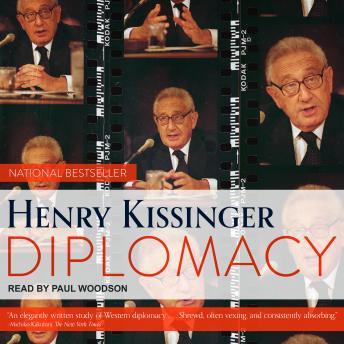
Hitchens, in “The Trial of Henry Kissinger,” declares himself concerned with only those Kissinger offenses open to legal prosecution. Much of what the world knows about Kissinger’s actions comes from his own often informative, always self-serving, memoirs. Kissinger has succeeded in denying access to his official papers, and the full story of his activities is not likely to be known for at least 50 years, when the Library of Congress will open the Kissinger collection to researchers. Some of those decisions seemed appalling at the time others are even more disturbing as documentary evidence is declassified a quarter of a century later (see, for example, Larry Berman’s forthcoming “No Peace, No Honor: Nixon, Kissinger, and Betrayal in Vietnam” to be published by The Free Press). He argues that many of Kissinger’s “partners in crime” have been punished, and he is angered by Kissinger’s ability to avoid prosecution.Īs national security adviser and secretary of state to Richard Nixon and secretary of state in the administration of Gerald Ford, Kissinger was complicit in every major foreign-policy decision made in Washington from 1969 through 1977. Christopher Hitchens, as is his wont, makes the point a little more strongly: He wants Kissinger tried for crimes against humanity.


Funny sometimes, clever always, but not nice.


 0 kommentar(er)
0 kommentar(er)
